Current members
Interested in joining our team?
We can discuss opportunities for postdocs, PhD students or internships in our team. You can contact Sebastian Lequime for more details.
At a glance:
|
Sebastian Lequime – Assistant professor – Virus ecology and evolution |
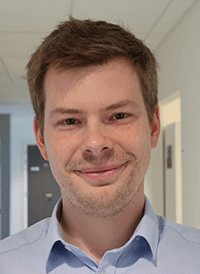
Sebastian Lequime – Assistant professor
I joined the University of Groningen and GELIFES in April 2020 as assistant professor. I first studied Pharmacy (University of Tours, France) and completed in parallel a degree in Biology (Ecole Normale Supérieure, Paris, France). After a Master degree in Virology, I obtained my Ph.D. in 2016 (Institut Pasteur/Université Pierre-et-Marie Curie, Paris, France) on the interaction between mosquitoes and flaviviruses and its impact on virus transmission and evolution. I then joined the University of Leuven (Belgium) as a postdoc working on various (computational) aspects of virus evolution, including the link between viral evolution and ecology.
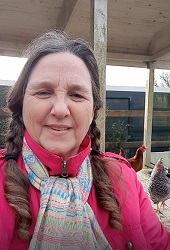
Yvonne van Katwijck –
Secretary
I am a secretary for all 4 clusters within the Microbial Ecology group:
Microbial Community Ecology/Falcao Salles lab
Microbial Ecology & Evolution/De Vos lab
Virus Ecology & Evolution/Lequime lab
Eco-Evolutionary Bioinformatics/Hackl lab
As a secretary I support staff, students and guests with all kinds of administrative stuff, like meetings, applications, mail, office supplies and so on.
I am also a secretary for the Plant Ecophysiology group and for the Groningen University Fund.
After work I keep busy with my house, (big) garden and my animals (Beestenboel)!
I also make earrings for my webshop The Earbell Factory.
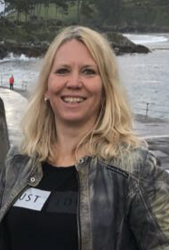
Cécile Deelman-Driessen – Molecular Research Technician
I started working in the Virus Ecology and Evolution group in November 2021. Before that, I have been a molecular research technician at the University of Groningen and the UMCG since 1995.
My role within the Virus Ecology and Evolution (VEE) group is quite diverse. Recently I’ve set up a ML2 laboratory for cell culture (for arthropod-derived and vertebrate-derived cell lines) and flavivirus related experiments. My main tasks will be running the lab, and to support researchers and students. In the near future I also will be focusing on cell lines as a model to explore evolutionary constraints on specific flaviviruses.
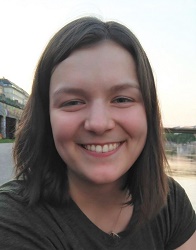
Nadja Brait – PhD student
Members of the genus Flavivirus are characterised into different groups based on their host range. Some flaviviruses are arthropod-borne (arbovirus), which means they infect vertebrates and arthropods alternatively, while insect specific flaviviruses (ISFs) replicate exclusively in arthropods. Both groups are found in mosquitoes co-circulating the same areas, increasing the probability of sequential infections. My PhD project examines interactions between the two viruses in the vector and how these interactions might affect the evolutionary trajectory of both the arbovirus and the ISF. For this, we combine experimental evolution, high-throughput sequencing and population genetics.
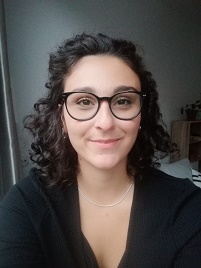
Ilaria Manfredonia - PhD student
Thanks to their error-prone RNA polymerases, Flaviviruses exist in their hosts as genetically diversified populations of related genomes. In arthropod-borne flaviviruses (ssRNA+ viruses) which normally switch between arthropod and human hosts, the viral population is cyclically exposed to different and strong evolutionary forces. Among all the factors contributing to viral evolution, I’m interested in RNA secondary structures, known to play pivotal roles in virtually all biological processes. My PhD project is based on a meta-analysis of high-throughput sequencing data to identify within-host RNA secondary structure evolutionary constraints.
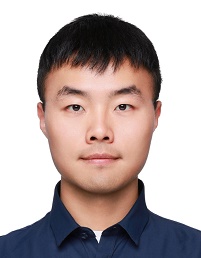
Yichen Liu
Carcinus maenas, a common crab species in the Wadden Sea close to the University of Groningen, as the model species. We will study the prevalence of viruses and other parasites across a spatial and temporal scale in the Wadden Sea. These results will be compared with specimens from various locations where the species is invasive to study whether these populations differ in the prevalence of disease and whether they have transferred symbionts from their native range to the invasive range or acquired novel pathogens.
